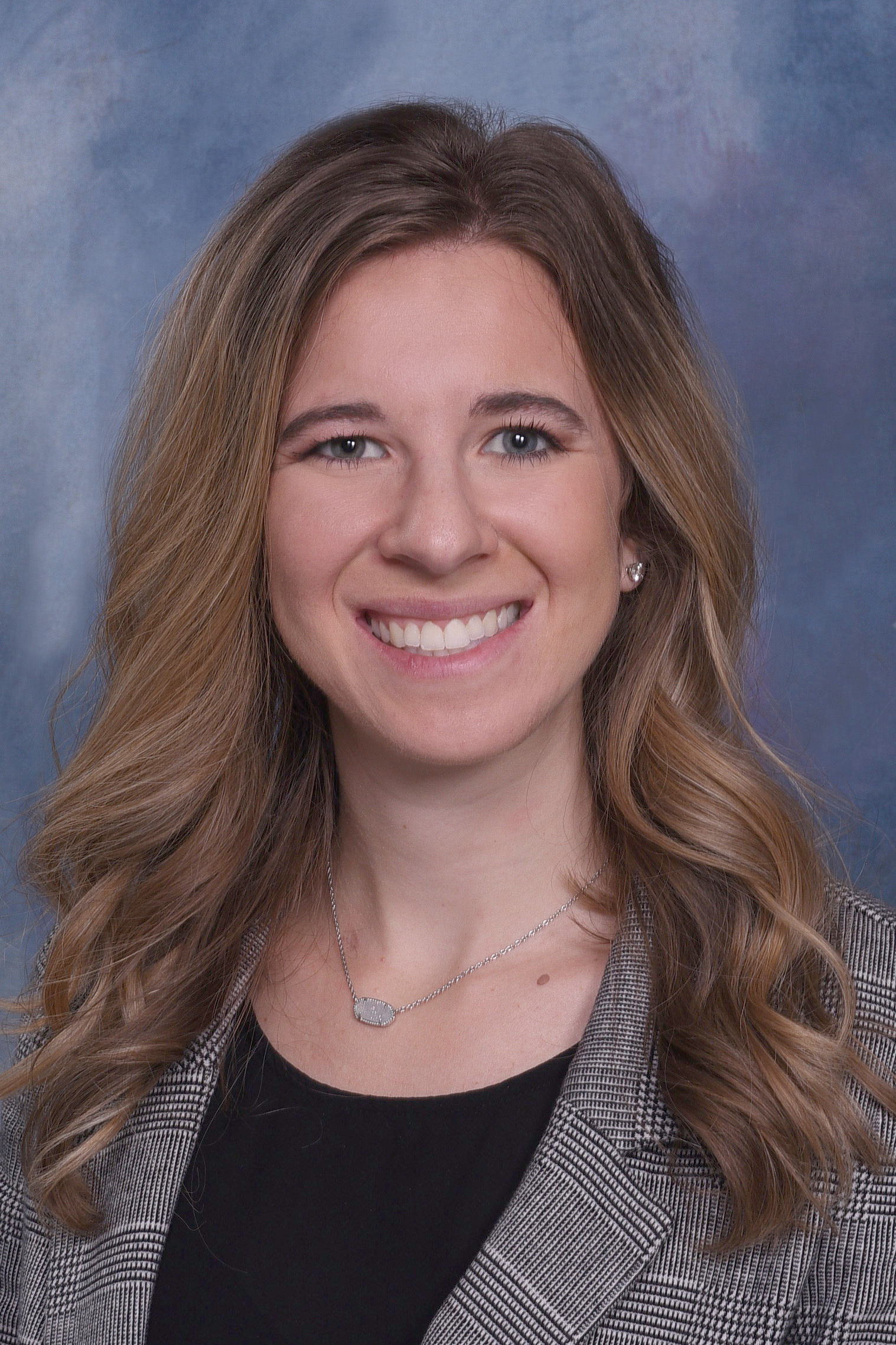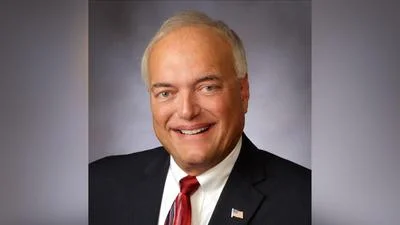Since speech, language and hearing disorders are among the most common disabilities in the U.S., Knox Community Hospital has put together a team of speech-language pathologists and audiologists to treat these illnesses.
Julie Powell, an audiologist at KCH, told the Mount Vernon News that although hearing impairment is widespread, viable treatment options exist.
"Recognizing the signs of communication difficulties is the first step to improving someone's ability to communicate,” she said.
Those warning signs are often grounded in a patient's auditory system, such as hearing loss and ringing in the ears, which can manifest after exposure to noise.
While auditory or balance disturbances are treated by an audiologist, speech disorders require a different specialty, Powell said.
"Speech-language pathologists (also referred to as speech therapists) specialize in the evaluation and treatment of disorders affecting speech, language, cognitive, voice, fluency, feeding and swallowing," she said.
Speech disorders can occur when an adult patient has suffered a stroke or other brain injury, but some of them present at birth.
For many children, learning a language seems effortless; however, for some, learning a language can be somewhat of a challenge," Powell, AuD, said.
Since developmental delays can be tricky to detect, Powell listed several cues parents can look for at different age levels to determine if a speech disorder is present.
Here are some signs to look for that may suggest a delay in speech and/or language, or perhaps a cognitive impairment:
- Does the child not interact socially? (infant and older)
- Does the child not babble? (4 to 7 months)
- Is there difficulty understanding or following directions? (starting at age 1)
- Is speech limited to only a few words? (12 to 18 months)
- Is the child unable to combine words to make sentences? (starting age 2)
- Does he or she struggle to say sounds or words? (3 to 4 years)
In other cases, a child might have no speech or cognitive dysfunction but may have hearing loss.
These signs include:
- Showing a lack of attention to sounds (birth to 1 year),
- Not responding to their name (7 months to 1 year)
- Inability to follow directions easily (1 to 2 years)
- Pulling or scratching their ears.
Not being able to hear can have dramatic effects on a child's grades and school work or can make the child appear isolated and unhappy at school. Ear pain or discomfort after loud noises can also be a sign something is wrong.
"Be sure to talk with your child's provider if you notice any of the above," Powell said. "Do not wait and hope your child will outgrow a communication problem."
For adults, medical changes or normal aging processes can affect hearing. Although many adults wait several years to get their hearing tested, Powell said early detection is important.
People who wait to have their hearing tested face lower quality of life.
"There are many listening and communicating strategies an audiologist can teach along with the use of technology to improve someone's hearing health," Powell said. "It is important to remember to use hearing protection when around loud noises, like the lawnmower, to prevent your hearing from declining more rapidly."
To set up an appointment to have your hearing evaluated, call 740-393-9000.







